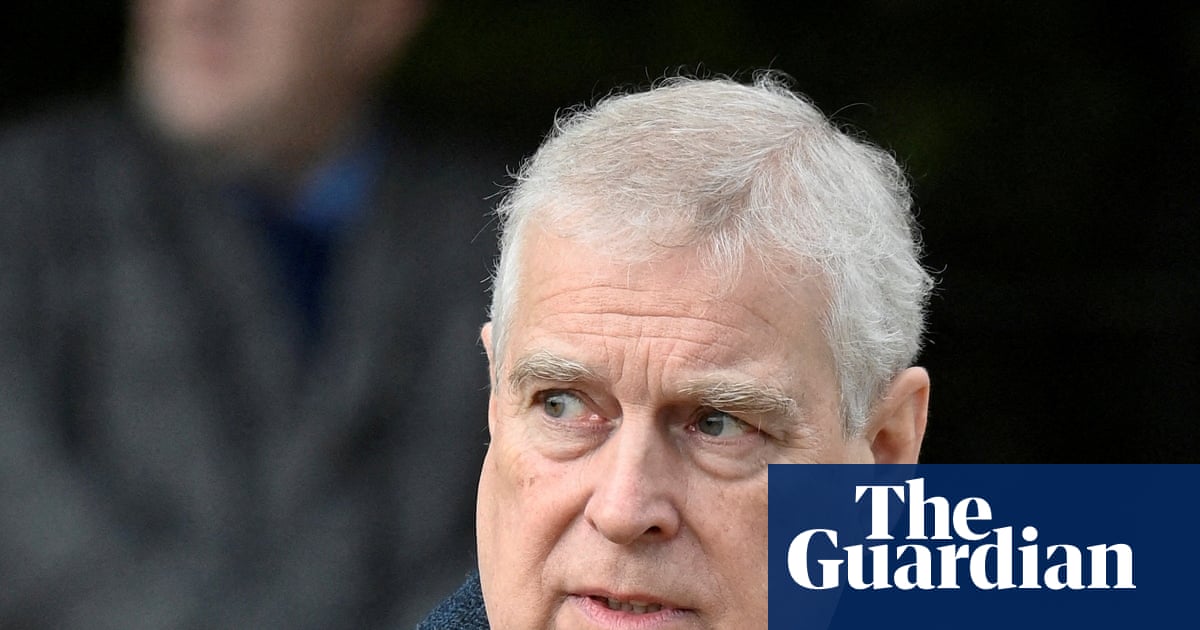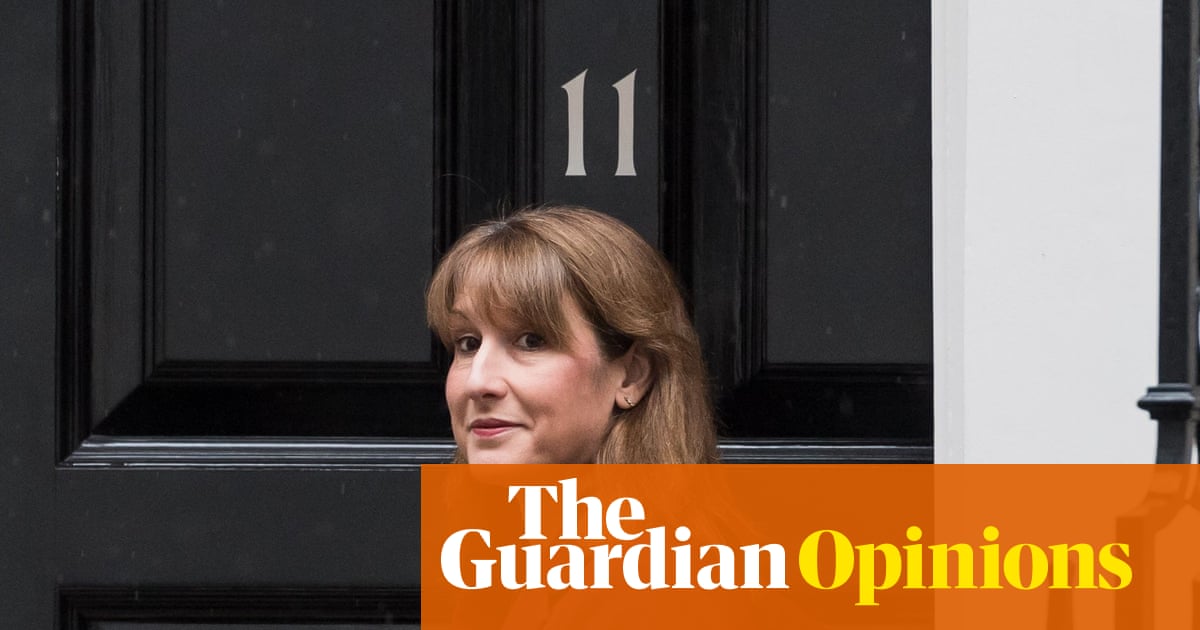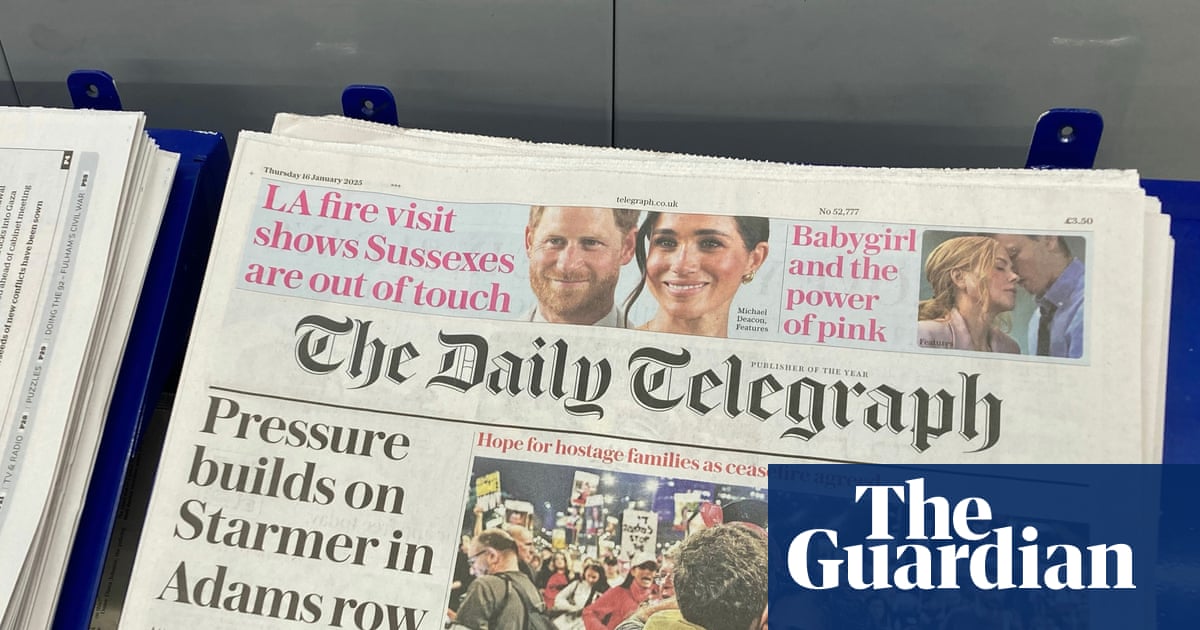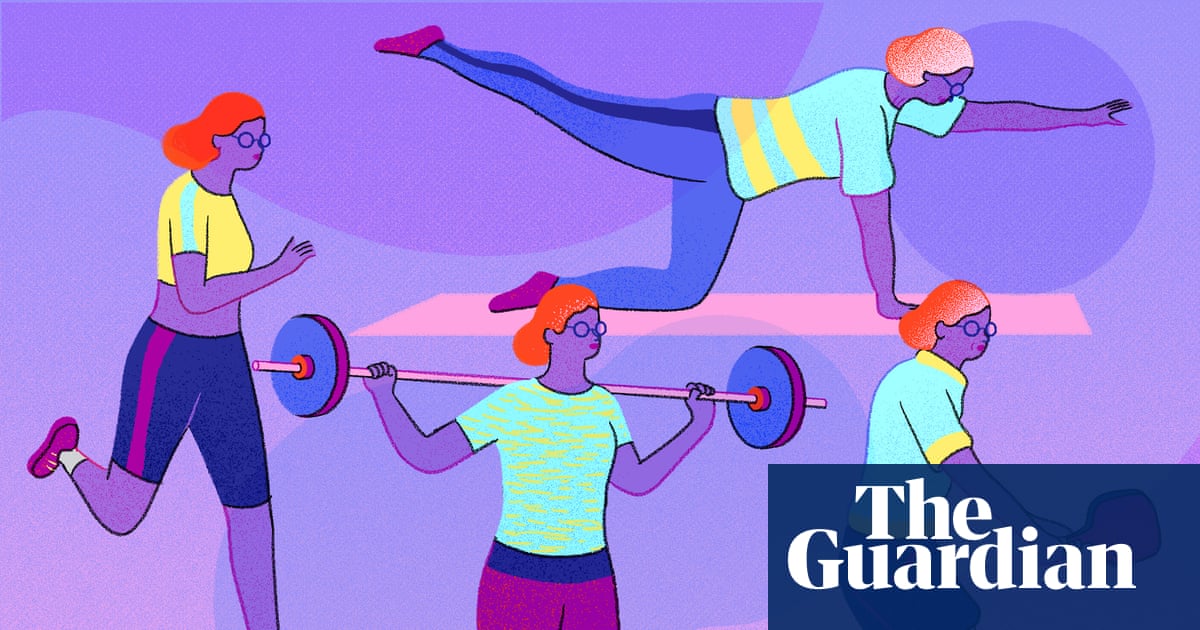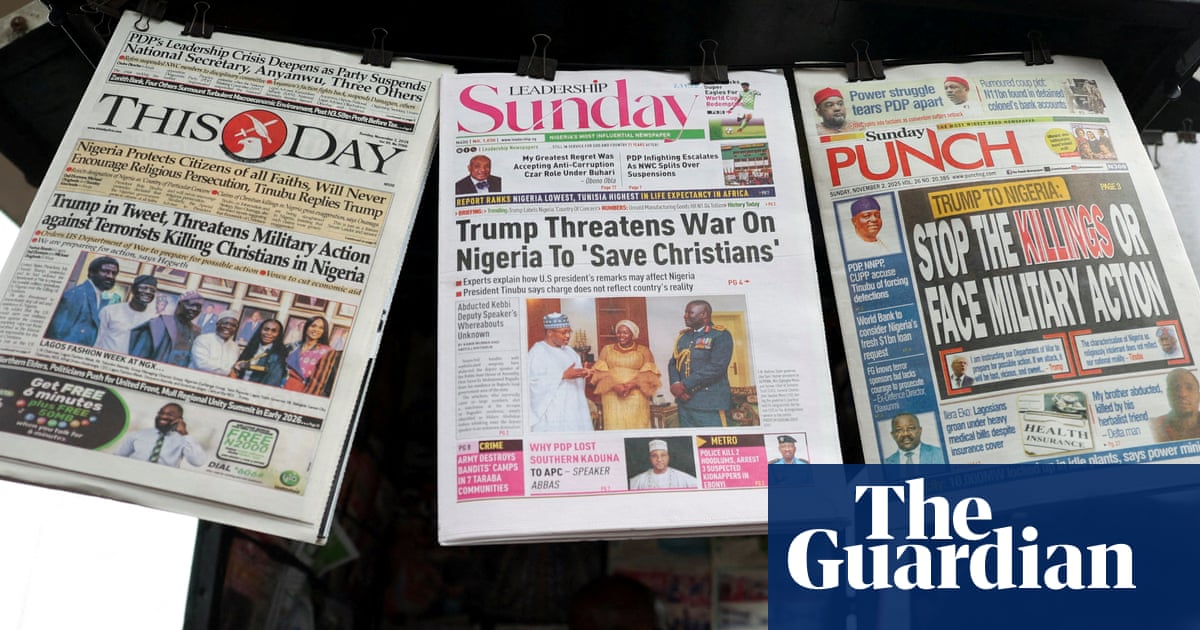“Huge swathes” of severely disabled people will be hit by the planned universal credit cuts, contrary to government claims that they will be protected, charities say.
Organisations including Scope, Z2K and the MS Society say the legislation, which is due to be voted on again by MPs on Wednesday, fails to account for disabilities if they are progressive or fluctuating.
The clause in the bill said to shield the most severely disabled and ill people from reassessment and the new lower benefit rate – known as the severe conditions criteria (SCC) – will only do so if a claimant meets a number of strict requirements, including that a health condition must be constant.
It means people with severe illnesses that vary with symptoms day to day, such as Parkinson’s, bipolar and multiple sclerosis, could be put on to the reduced universal credit rate despite being too ill to seek employment.
“Contrary to government claims, we have real fears that many disabled people with lifelong conditions that severely impact their daily lives will not in fact be protected from the cuts,” said Ayla Ozmen, the director of policy and campaigns at the anti-poverty charity Z2K.
“The protections have a very narrow definition – as drafted, they will only apply where someone is seriously affected by their condition at all times. Based on our experience, this will likely exclude huge swathes of disabled people, including those who have fluctuating conditions but who everyone would agree have high support needs. We’re calling on the government to drop these damaging cuts and go back to the drawing board.”
James Taylor, the head of strategy at the disability equality charity Scope, said: “The severe conditions criteria are only going to apply to a small number of disabled people. The criteria are too narrow and fail to take fully into account those with progressive or fluctuating conditions.
“A lack of clarity about what the criteria mean also leaves them open to individual interpretation by assessors, and will see even those who are eligible missing out.”
There is further concern among charities that the SCC require a person to have an NHS diagnosis for their condition, at a time when long waiting lists mean increasing numbers of people with mental and physical health symptoms are unable to access one.
Taylor said: “The plan is to only include NHS diagnoses, which excludes people who were privately diagnosed, and that includes many with neurodivergent conditions. It feels like it’s been designed to cut support, rather than what’s best for disabled people, and will only move more disabled people into poverty.”
Under the proposed rules, new universal credit claimants who apply for the “health element” would get less than half the amount of current recipients, resulting in a loss of about £3,000 a year.
Liz Kendall, the work and pensions secretary, has pledged that the SCC will provide “peace of mind” and additional protection from the changes for “the most vulnerable and severely disabled” people. But the government’s own impact assessment projects that only 200,000 people will be insulated by the clause – just under 8% of those claiming the health top-up.
Julia Modern, a senior policy and campaigns manager at Inclusion London, said it was the latest “seriously flawed” plan ministers had formulated “without any input” from disabled people or their organisations.
“These criteria are designed to further reduce the number of people classed as severely disabled and who are protected from cuts. But everyone within the LCWRA [limited capability for work and work-related activity] group is already unable to engage with work-related activities. No one should be targeted for cuts.”
The Department for Work and Pensions has been contacted for comment.

 3 months ago
97
3 months ago
97



